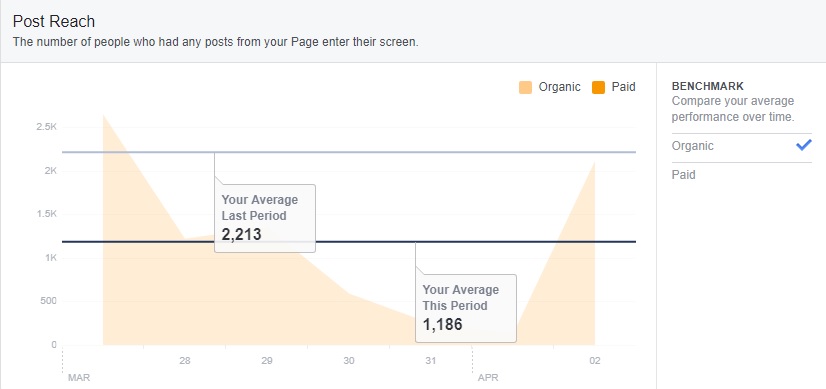
With Facebook being in the news for all the wrong reasons recently and over $80 billion being wiped from its value. It isn’t getting any better for Mark Zuckerberg, as the FTC are now investigating them for not protecting their users data, with potential huge fines ahead.
With all this being said, I don’t believe this is enough to worry Mark sufficiently on its own. However, there is another factor that will pile on the pressure, created by Mark Zuckerberg himself.
Facebook Advertising Algorithm Change
Facebook has been a success story on how to turn social media traffic and engagement, into profit. They did this by separating business pages from personal. By doing so, they could filter the content appearing on personal pages from the business pages, so to encourage businesses to pay for increased reach.
The advertising console provided to businesses is very impressive due to the huge amount of information people include in their profiles and share on their feed. Thus, providing huge amounts of data for advertisers to use when targeting very specific buyer personas. This has been so much of a success, that in 2017, 18% of all advertising online and 7% of total adverting spend in the world, was on Facebook.
However, in January 2017, Mr Zuckerberg announced that Facebook would update the way in which they filter branded posts from personal feeds. Therefore limiting who and how many people should see a post from a brands page they had chosen to follow. He explains that the number of people seeing the posts (the reach) naturally (organically) will reduce even further than before. Bringing the organic reach of a post from a brand page down to just 3%-5%. Brands will have to work even harder to get their posts seen or pay more.
The reason for this, they claim, is to reduce the number of branded posts in users feeds. You may believe what Facebook says when they claim to be doing this to improve the user experience. However, as these are pages people have chosen to follow, they want to see their posts.
This effectively means, Facebook are holding back content from users that had chosen to see it. Not only this, the bigger issue is that it goes against their claim of reducing branded posts. Why? because it will only increase unwanted branded advertising on their feed.
You may wonder how? If you take away the genuine organic reach of businesses, they will be forced to spend more money on ensuring their posts are seen. Inevitably if money is being spent, they won’t just spend it on existing followers of their page, they will try to reach new people. The result will be far more paid posts in feeds of those that didn’t want them, this is going back to the bad old days of Interruption Marketing. Exactly what Facebook claims they didn’t want.
To summarise, businesses are having to pay more money and gain no real organic reach. This is at the same time of businesses questioning the real value of Facebook in terms of generating real leads/sales. Which may result in their advertising budget going elsewhere and users starting to get fed up due to the increase in paid unwanted posts in their feeds.

You may see a similar graph to this when analysing your organic reach since January, in the Facebook insights page.
On top of this, users now know that their data can be used by people all over the world to manipulate them and call their democracy into question by people like Cambridge Analytica.
This is a very serious combination in a Social Media world that is fast changing and fragile; a marketplace where over a $1.3 Billion dollars can be wiped off the value of a business, because of a single tweet from a celebrity. It doesn’t take much for people to switch to a different social media app, they will have a few to choose from. We could be looking at the biggest fall from grace in history IF Mr Zuckenberg doesn’t deal with this swiftly and comprehensively. I would suggest this is the greatest threat, to the so far unstoppable machine, that is Facebook.

- Social Media Marketing – In Reality - November 28, 2024
- How to Manage Your Digital Marketing and PR During a Christmas Closure - October 22, 2024
- Understanding Strategy – Beyond the Buzzword - October 22, 2024

